Adelaide Festival 2026 revealed: Britpop legends and a Squid Game star
A free concert from Jarvis Cocker’s Pulp, a South Korean-inspired take on a Chekhov classic, and the return of a controversial former festival director lead the 2026 Adelaide Festival program.
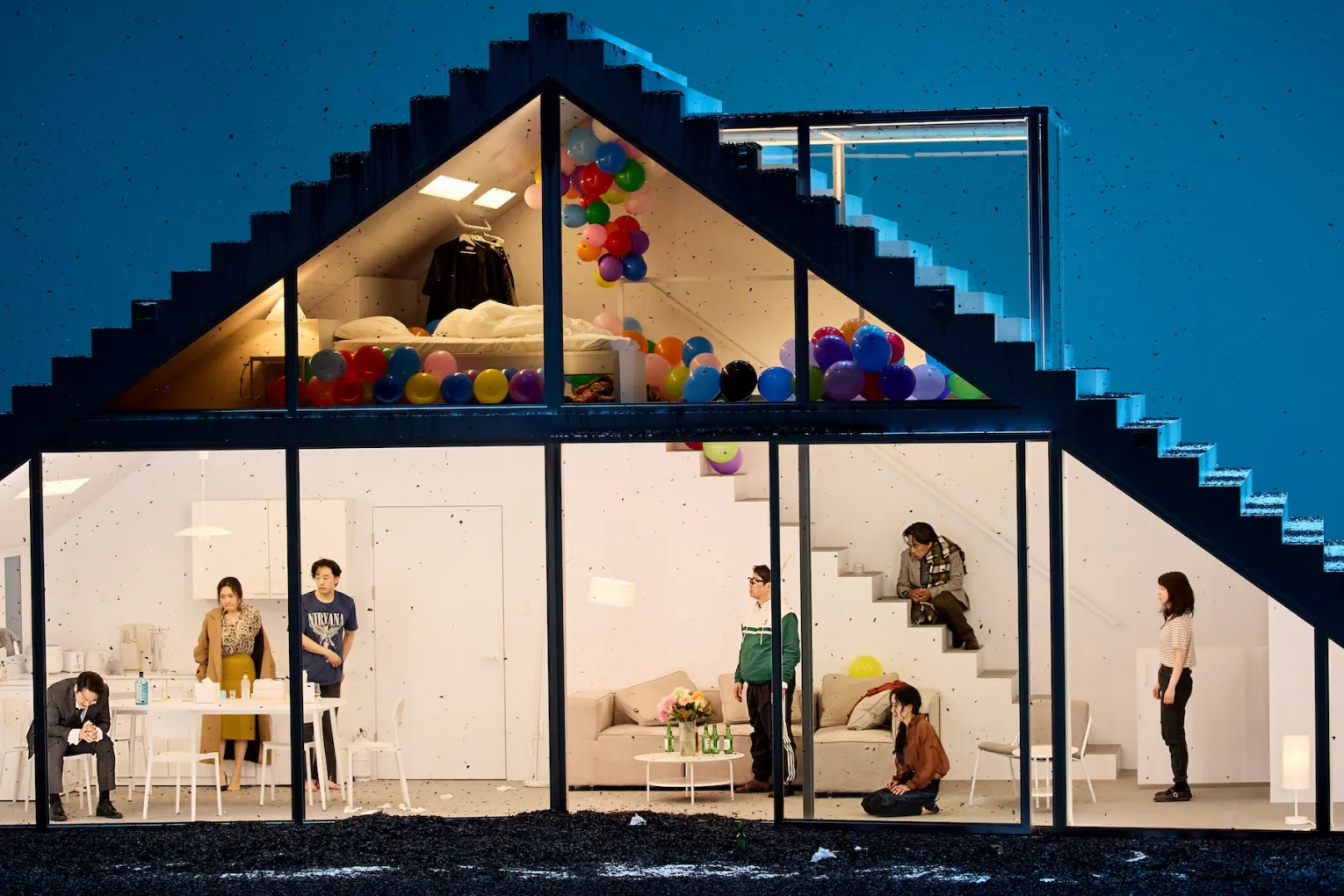
When Adelaide Festival artistic director Matthew Lutton OAM took on the top job in March this year, he was left with a few major set-pieces – and a lot of space to fill.
“I inherited with great joy, I think, all of the classical music program… and that’s it,” he told InReview in early October. “Everything else has been rapidly put together in the last four months.”
Lutton takes over from Brett Sheehy, who himself swung in as a last-minute replacement following the abrupt departure of previous artistic director Ruth Mackenzie the previous August. In assembling his first offering, which spans 59 events and 22 exclusives, Lutton says he hoped to bring works of “quality” and “virtuosity” to Australian audiences, while also reaching beyond the festival’s regular crowd.
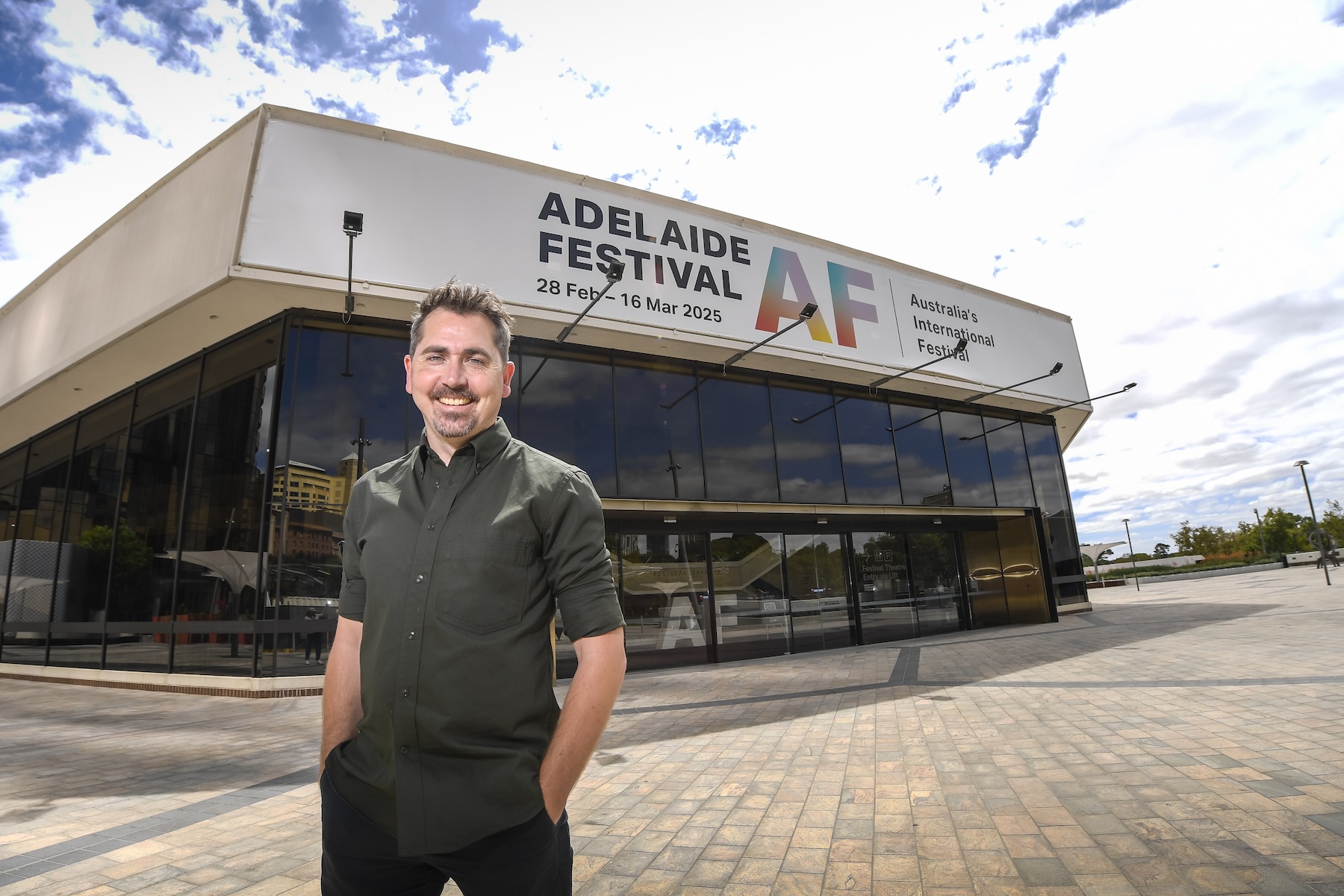
“When we’re thinking about that international work, [we’re] looking at how we can broaden the age demographic coming to the festival,” he says.
Headlining that effort is a free, open-air concert that will see Jarvis Cocker’s Pulp bring 90s hits like ‘Common People’ to the people as part of the festival’s opening weekend, which Lutton hopes will be “a bacchanal, a big celebration”.
“I can’t tell you how excited I am that Adelaide Festival has procured Pulp to be able to perform a free concert on Friday night,” Premier Peter Malinauskas said at this morning’s program announcement. “This is one of the great punk rock bands that define much of the 90s and the 2000s. [We] think of Oasis, and then we think of Pulp.”
"[We’re] looking at how we can broaden the age demographic coming to the festival."
Up the hill from the Elder Park party, next year’s opening weekend will also include one of the long-term commissions Lutton took on. Following the remarkably staged Innocence at this year’s festival, Australian director Simon Stone will be back in 2026 with a new take on Anton Chekhov’s 1903 play The Cherry Orchard. Stone’s production transplants Chekhov’s dynastic drama from pre-revolutionary Russia’s landed gentry to modern South Korea’s culture of family-driven corporations.
“This is a really big project where he’s taken Chekhov’s play The Cherry Orchard, about the selling of a property by a matriarch and the disruption it causes in the family, and rewritten it to go into the Korean chaebols.”
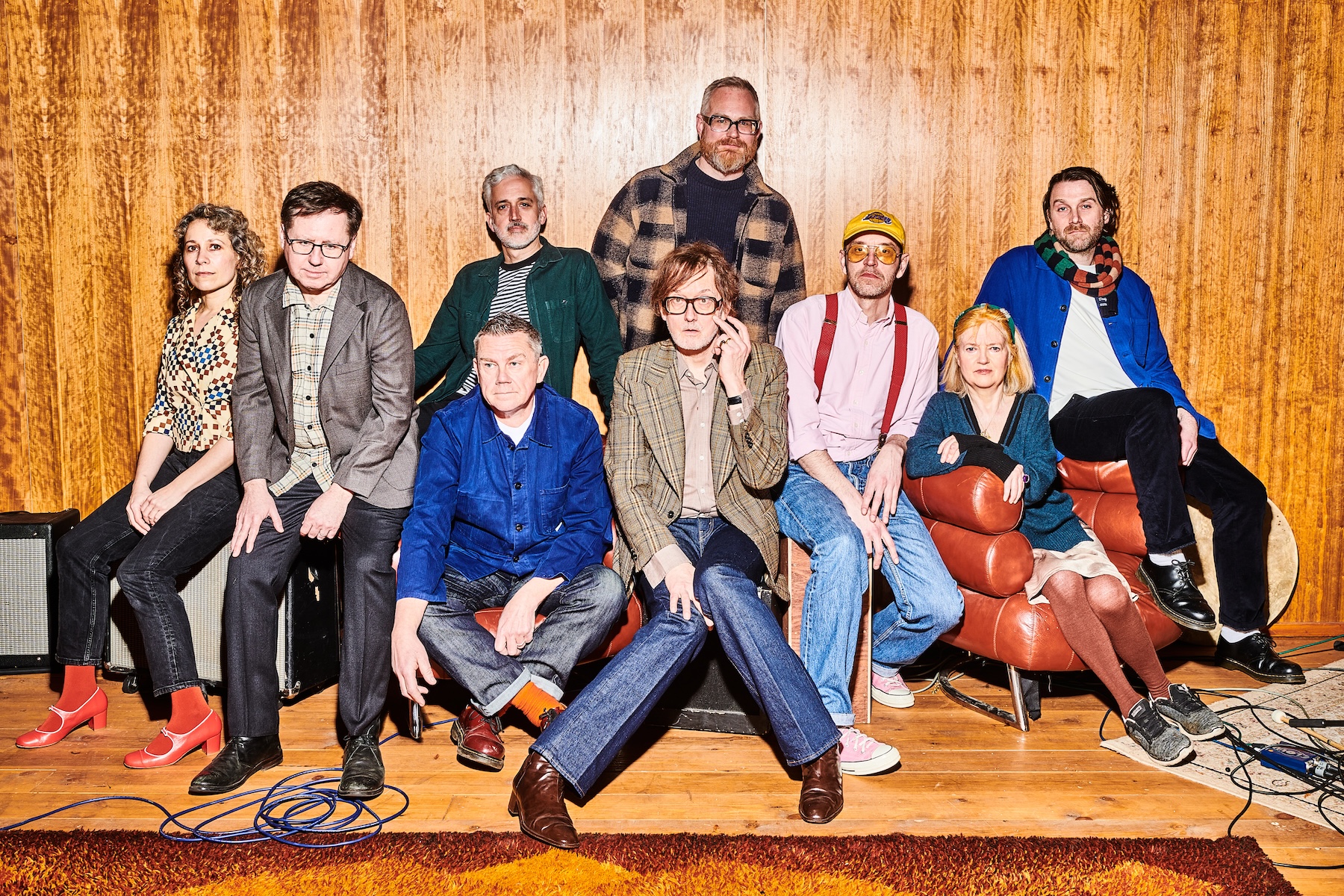
You might like
Performed in Korean with English surtitles, The Cherry Orchard‘s Adelaide run marks its first appearance outside Asia before touring to New York and London. The Australian exclusive features a “mega-star” cast including Park Hae-soo, who was nominated for an Emmy for his role in season one of Netflix’s gory hit Squid Game, and Jeon Do-yeon (Kill Boksoon) as the matriarch.
The Cherry Orchard joins the previously-revealed theatrical centrepiece Mary Said What She Said, starring Isabelle Huppert and directed by the late Robert Wilson. Announced in August, Lutton says the play inspired “the best sales day in nine years”, and will bring audiences the “incredibly surreal visual storytelling” that became Wilson’s signature.
Perle Noire: Meditations for Joséphine will see soprano Julia Bullock inhabit the late Joséphine Baker, an American-born singer and performer who left Jim Crow America to become a stage sensation and silent film star in France.
The production, which tapped into the tensions of the Black Lives Matter era upon its 2019 debut, will also mark the return of another former Adelaide Festival artistic director in Peter Sellars, who controversially left the festival just weeks after his 2002 program was announced.
Backlash to aspects of Sellars’ programming and marketing choices – including a Hitler-referencing ad campaign – was widely reported at the time, and led the American director to step back in November 2001. At the time, Sellars acknowledged his “share of mistakes” in a public statement, while insisting he was “disturbed” by some public reactions to his program.
Over two decades later, Sellars’ successor says the director is happy to return.
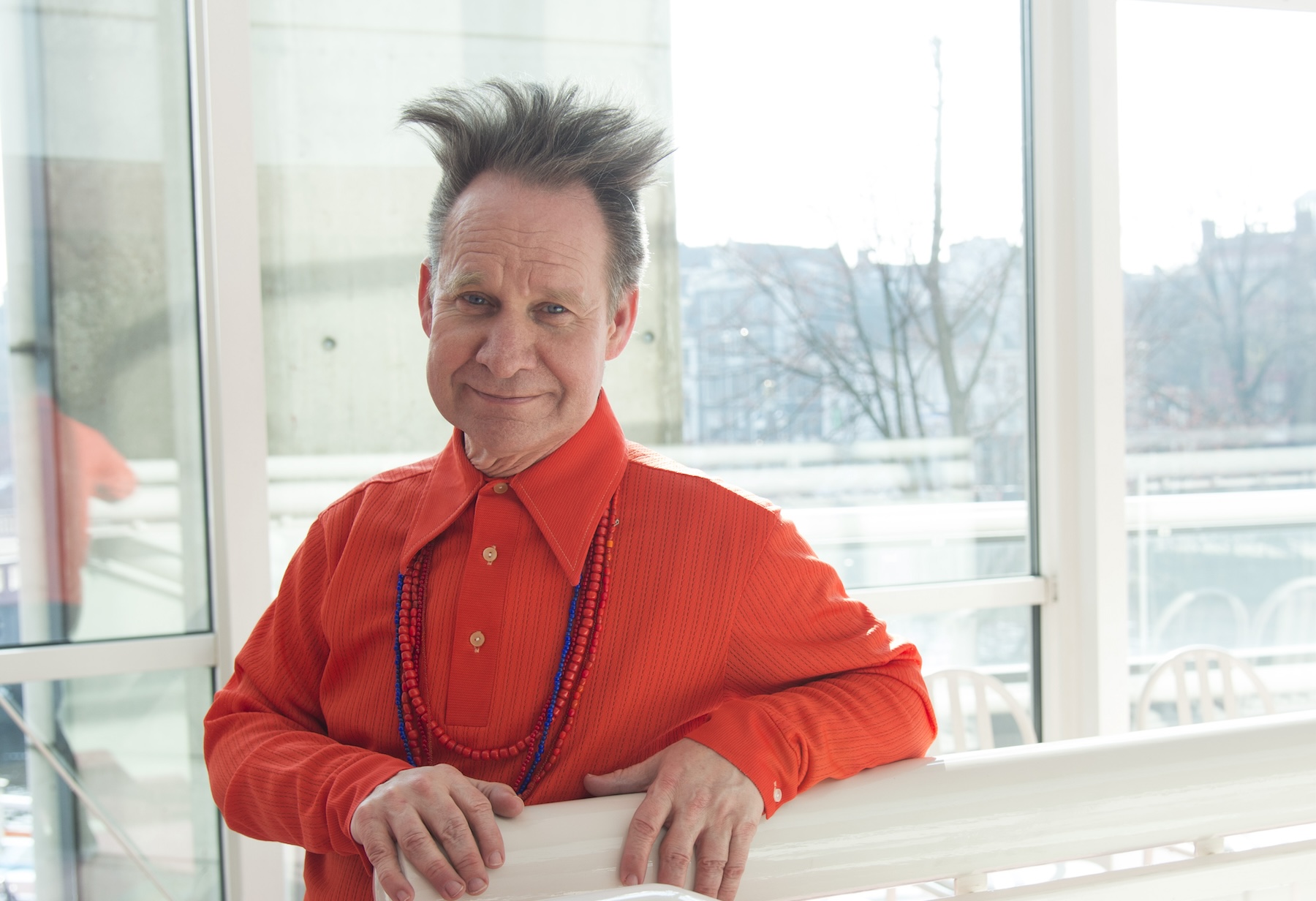
“He’s excited to come back,” Lutton says. “I was a bit nervous when chatting with him on whether he would be nervous.”
The festival will also revisit part of Sellars’ 2002 program with El Niño: Nativity Reconsidered, a retooled version of the John Adams oratorio that Sellars originally directed and compiled the multi-lingual libretto for.
Other theatrical highlights include the return of New York theatre company Elevator Repair Service with Gatz, an eight-hour riff on F Scott Fitzgerald’s The Great Gatsby that promises a return to the epic durational experiences of past festivals such as Roman Tragedies, The James Plays, and The Second Woman.
Audiences will also see the Australian premiere of History of Violence, a challenging autobiographical work written by Edouard Louis (whose Qui a tué mon père (Who killed my father) appeared in the 2024 festival program), and Works and Days by FC Bergman, the Belgian group behind The Sheep Song from the 2023 festival. Lutton says the wordless performance explores humanity’s rise and fall through the agricultural, industrial, and digital revolutions.
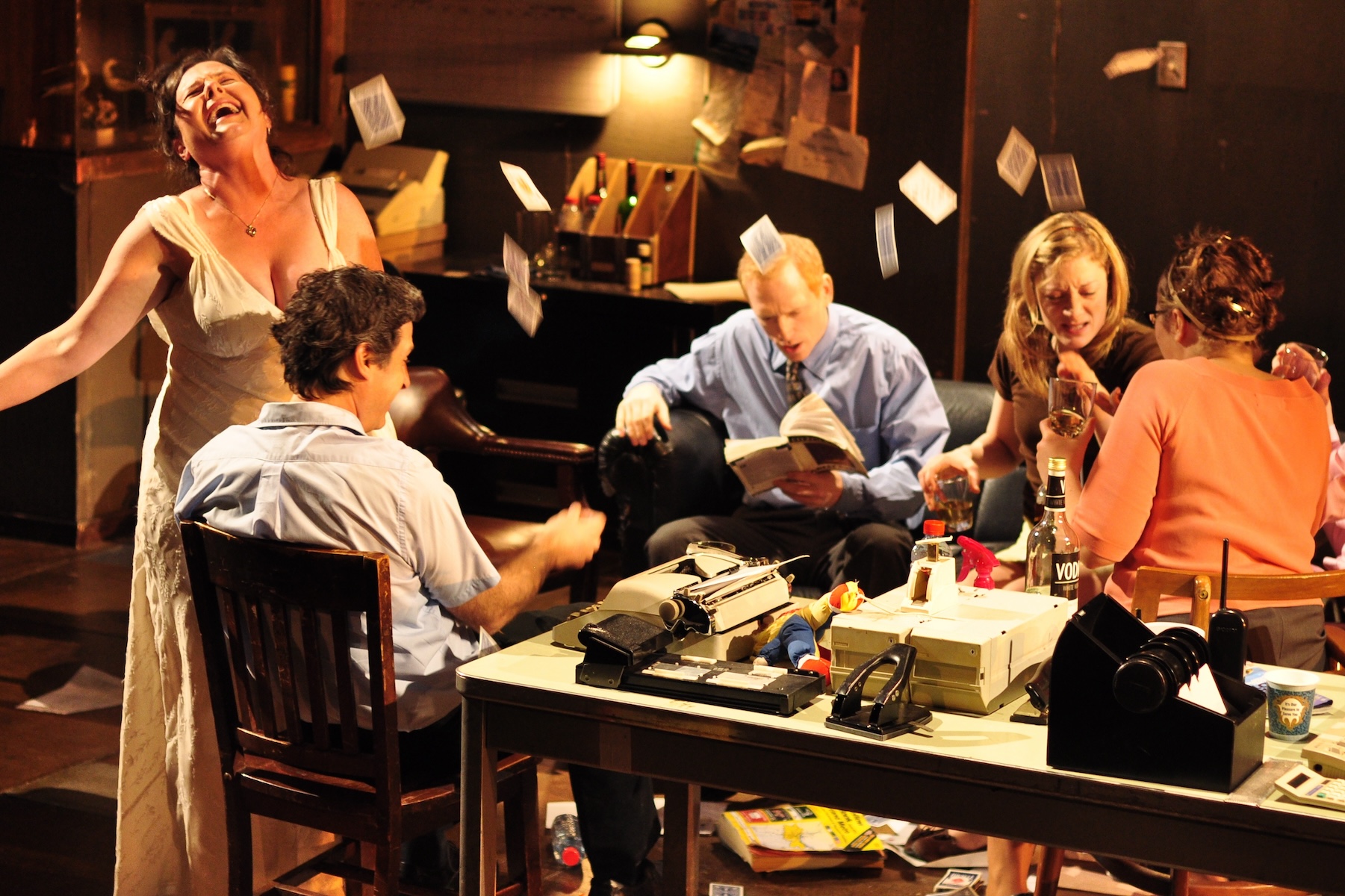
“It moves through all these series of provocations, but purely wordless, purely visual, no language, just music and imagery,” Lutton says. “When I saw it there was a teenager sitting behind me, and every five minutes he just went, ‘what the f***’.”
The festival’s dance program also includes the Australian premiere of Theatre of Dreams by Hofesh Shechter Company, Stephanie Lake’s The Chronicles, the premiere of Re-shaping Identity by Chinese duo GuoGuoHui Hui, and a fairytale-inspired new work from Jenni Large and Australian Dance Theatre.
Lutton says he has also prioritised working with local creatives to create ambitious new work.
"When I saw it there was a teenager sitting behind me, and every five minutes he just went, ‘what the f***’."
Subscribe for updates
“Part of that is about looking at work to scale, looking at what local arts companies could be making that they couldn’t make at any other time of the year,” he says.
That includes Mama Does Derby, a new work from Windmill Production Company that will turn Adelaide Entertainment Centre into a live roller derby rink, in a mother-daughter narrative co-written by former Adelaide Cabaret Festival artistic director Virginia Gay.
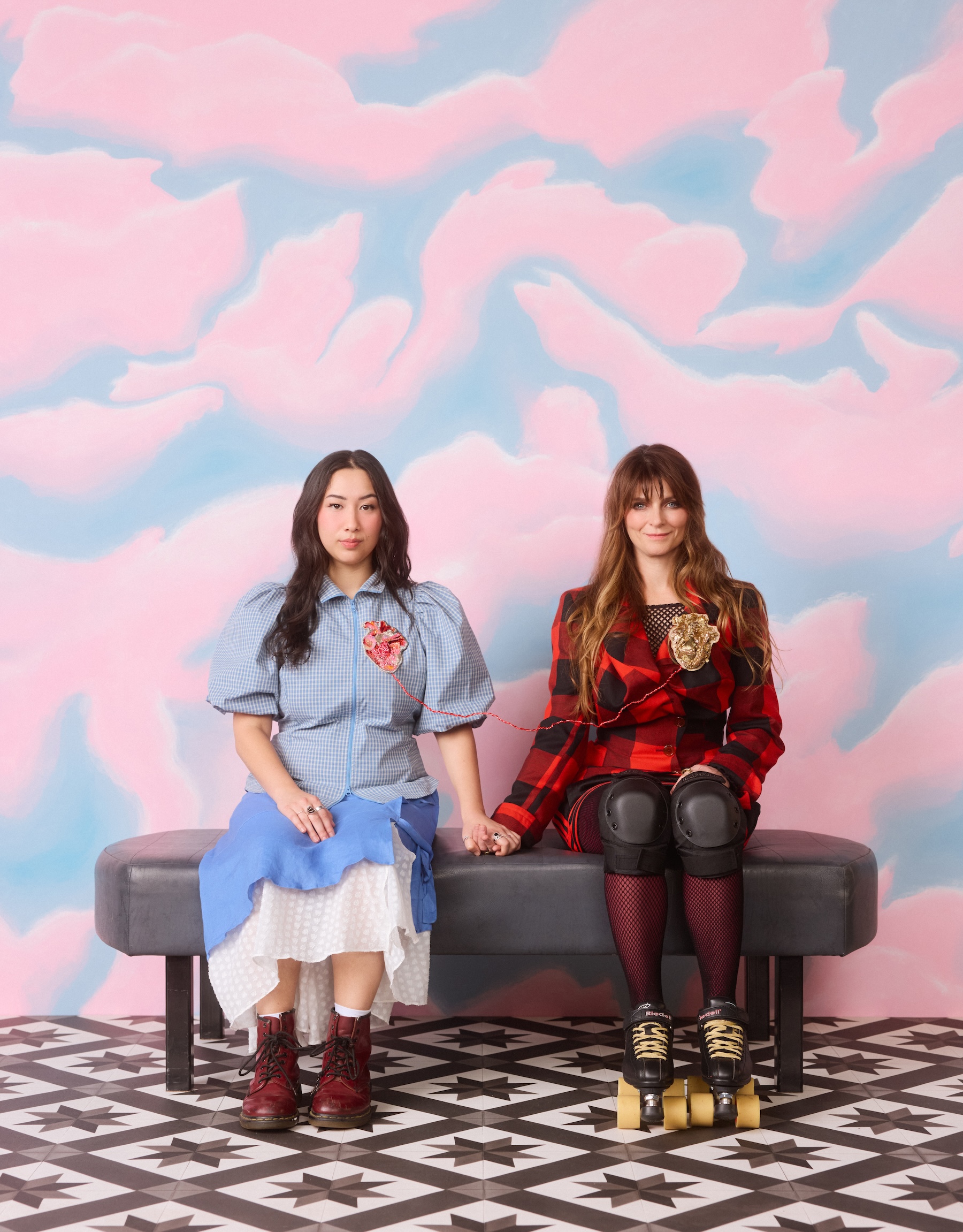
The festival will also unveil the long-awaited final work from children’s theatre company Slingsby, A Concise Compendium of Wonder. Staged in Slingsby’s Wandering Hall of Possibility, a unique pop-up wooden structure to be erected in the Adelaide Botanic Garden, the six-hour cycle consists of a triptych of new stories inspired by old fairytales, including Miles Franklin-shortlisted author Jennifer Mills’ take on the Brothers Grimm’s Hansel and Gretel, Ursula Dubosarsky on Oscar Wilde’s The Selfish Giant, and Ceridwen Dovey on Hans Christian Andersen’s The Little Match Girl.
Lutton is also excited about POV by New South Wales-based re:group performance collective.
“It’s about a young girl who is obsessed with documentary filmmaking, so [her] parents give her a camera, and she just films them all the time around the house. But the trick is, two new actors play the parents every night.
Lutton says two new South Australian actors will join the show, unrehearsed, each night.
The festival program also includes the local premiere of Whitefella Yella Tree by Palawa playwright Dylan Van Den Berg, and a new three-part contemporary and experimental music festival Tryp, to be headlined by Japanese noise band Boris.
Lutton says that, in addition to new initiatives like a discounted ticketing program for under-40s, he hoped new additions like the contemporary music program would help diversify the festival’s audience.
“I think to invite a younger audience in, we need to be programming the work that will invite them in,” he said.
Adelaide Contemporary Experimental will also host Kumarangk, a multigenerational exhibition paying tribute to recent histories of protest, community and resistance by Ngarrindjeri women.
Other festival staples include with the previously announced Adelaide Biennial of Australian art, curated by Ellie Buttrose with a lineup that includes Venice Biennale-winning Archie Moore, WOMADelaide, and Adelaide Writers’ Week.
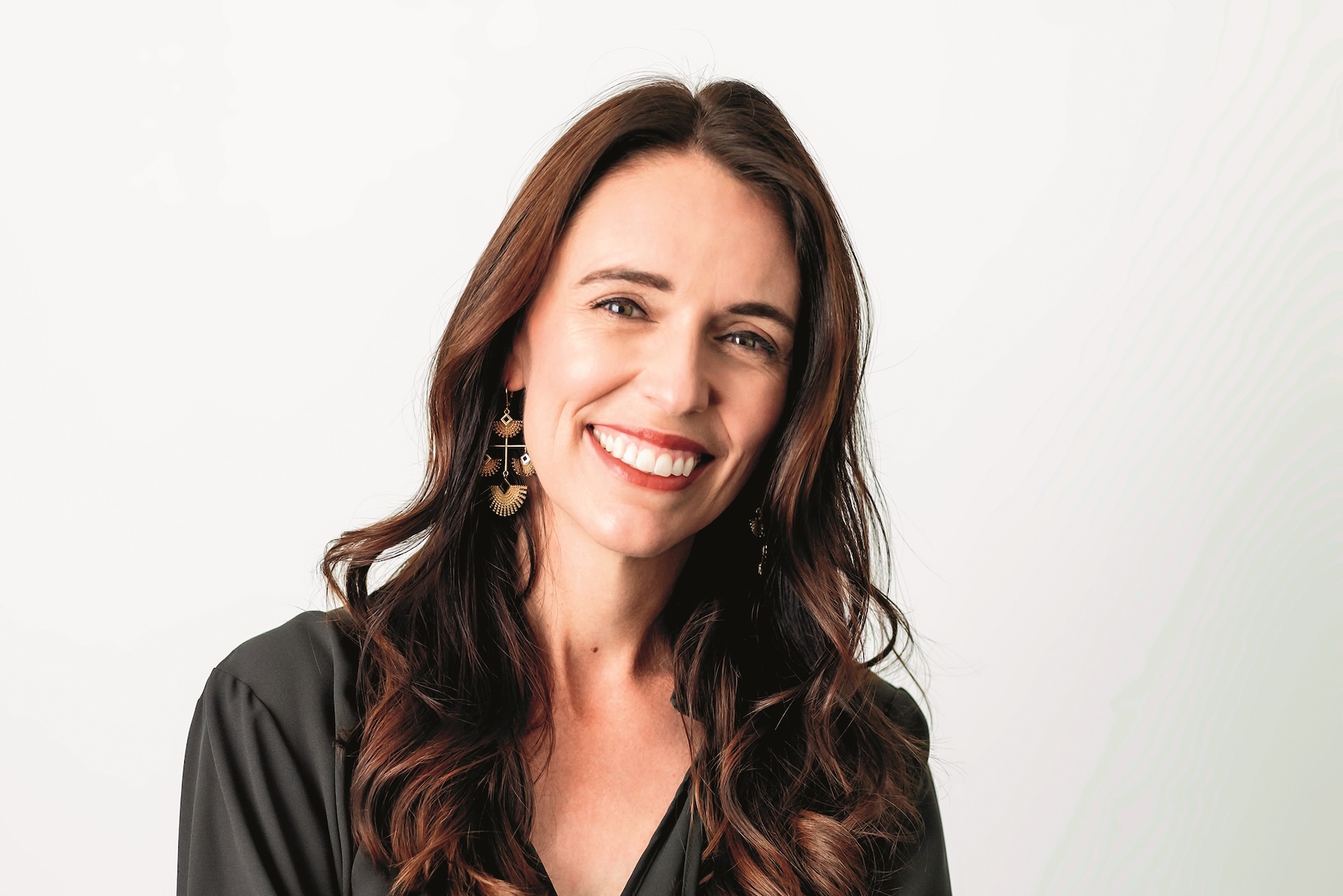
Next year’s Writers’ Week program, dubbed ‘The Republic of Reading’ by director Louise Adler, includes former New Zealand Prime Minister Jacinda Ardern, Trent Dalton, Michelle de Kretser, Helen Garner, Jane Harper, Hannah Kent, Bri Lee, Melissa Lucashenko, Louise Milligan and Yanis Varoufakis.
Adelaide Contemporary Experimental will also host Kumarangk, a multigenerational exhibition paying tribute to recent histories of protest, community and resistance by Ngarrindjeri women.
Unveiling Lutton’s program this morning, the premier drew a comparison between the festival and the weekend’s rain-dampened Harvest Rock festival.
“We’re seeing music festivals hit the fence around the country, you know, Falls Festival, Splendour in the Grass, they’ve all hit the fence. And part of that is because the economics of music festivals doesn’t stack up, which means that there is an opportunity for South Australia. We invest in music festivals such as Harvest Rock, in conjunction with private support, we create an economic opportunity that’s exclusive to South Australia, people will travel.”
He said Adelaide Festival was no different, and that “if we want people from the arts community to choose to go to the Adelaide Festival above others, we have to invest in it and make sure that there are points of difference.”
Asked whether the state government’s recent support of the major Italian opera Aida, scheduled to hit Adelaide Oval on February 5 and 6 just weeks before the festival, risked splitting the festival’s interstate and international audience, Malinauskas said the two “go hand in hand”.
“The Aida opportunity came through from TEG, and we were very keen to see it explored. But we don’t see that being a problem for the festival. In fact, we see it as an opportunity. This is a city that is breaking through economically and culturally, and we have an aspiration to make sure that the rest of the country looks to Adelaide as a place that has got more than just a buzz about it, but a lot of opportunity.”
Adelaide Festival runs from February 27 – March 16 2026
Read more 2026 Adelaide Festival coverage here on InReview
Free to share
This article may be shared online or in print under a Creative Commons licence

